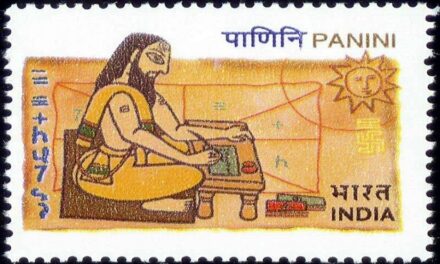 Is it necessary to allow religious conversion in a secular democratic society? Jerry Thomas argues that right to religious conversion is necessary and essential in a secular democratic society.
Is it necessary to allow religious conversion in a secular democratic society? Jerry Thomas argues that right to religious conversion is necessary and essential in a secular democratic society.
In a secular democratic society, conversion should be an essential and a necessary ingredient of all religions. Any religion that does not allow conversion to its members, to and from its fold, should be de-legitimized. Let me explain this.
Religion is a Voluntary Institution
In a secular democratic society, religion is considered as a voluntary institution. Voluntary institutions, be it political parties, cultural organizations, religious institutions etc, differ from State in many respects. For example, unlike State, where one is born as its citizen, no one is born as a member of a voluntary institution. But anyone can choose to be its member.
If religion is a voluntary institution, then no one can be born to any religion. No one can be born as a Hindu, Christian or a Muslim. Each person, if he/she wants, should choose to be a part of any of these or other institutions.
However, there is a fundamental contradiction between the self-understanding of religions like Islam or Hinduism and the secular democratic understanding of a religion. A person, according to Islam, is a Muslim by his/her birth. Similarly one is a Hindu, according to Hinduism, by his/her birth.
A secular democratic State must encourage these religions to change this understanding. Secular democratic State must promote the idea of conversion as conversion is fundamental in making religious institutions a voluntary one.
Unfortunately, instead of promoting this secular democratic understanding of religion, Indian States have been competing to pass various anti-conversion laws. The arguments for passing these anti-conversion laws have been hilarious – force and allured conversions.
There are ample and compelling evidence of forced and allured conversions in another voluntary institution – political parties (Congress to BJP to Communist to SP to BSP etc and vice-versa). However, if a state government passes laws stating that anyone who wants to convert to other political parties must get the prior Court approval, all of us would oppose it by tooth and nail. We will consider it as a sinister ploy of the ruling political party, rightly so. It will deny the fundamental nature of political institutions in a democratic setup.
Applying the same yardstick, one should consider anti-conversion laws in any form as sinister ploy of the majority religion through the State. To deny conversion is to deny the fundamental nature of religion as an institution in a secular democratic setup.
{moscomment}





Bible speaks of a love heard nowhere else in this world. It is this love that attracted me to Christ. Who can pass a law against this? Then let him offer a greater sacrifice than Christ for me to obey!
Jerry unfortunately in this and all the other articles insists that Hindus, Muslims, Buddhists etc…be given the freedom to embrace other faiths(Read Christianity).In the same manner, a Christian should also be have the freedom to choose other faiths/religions.